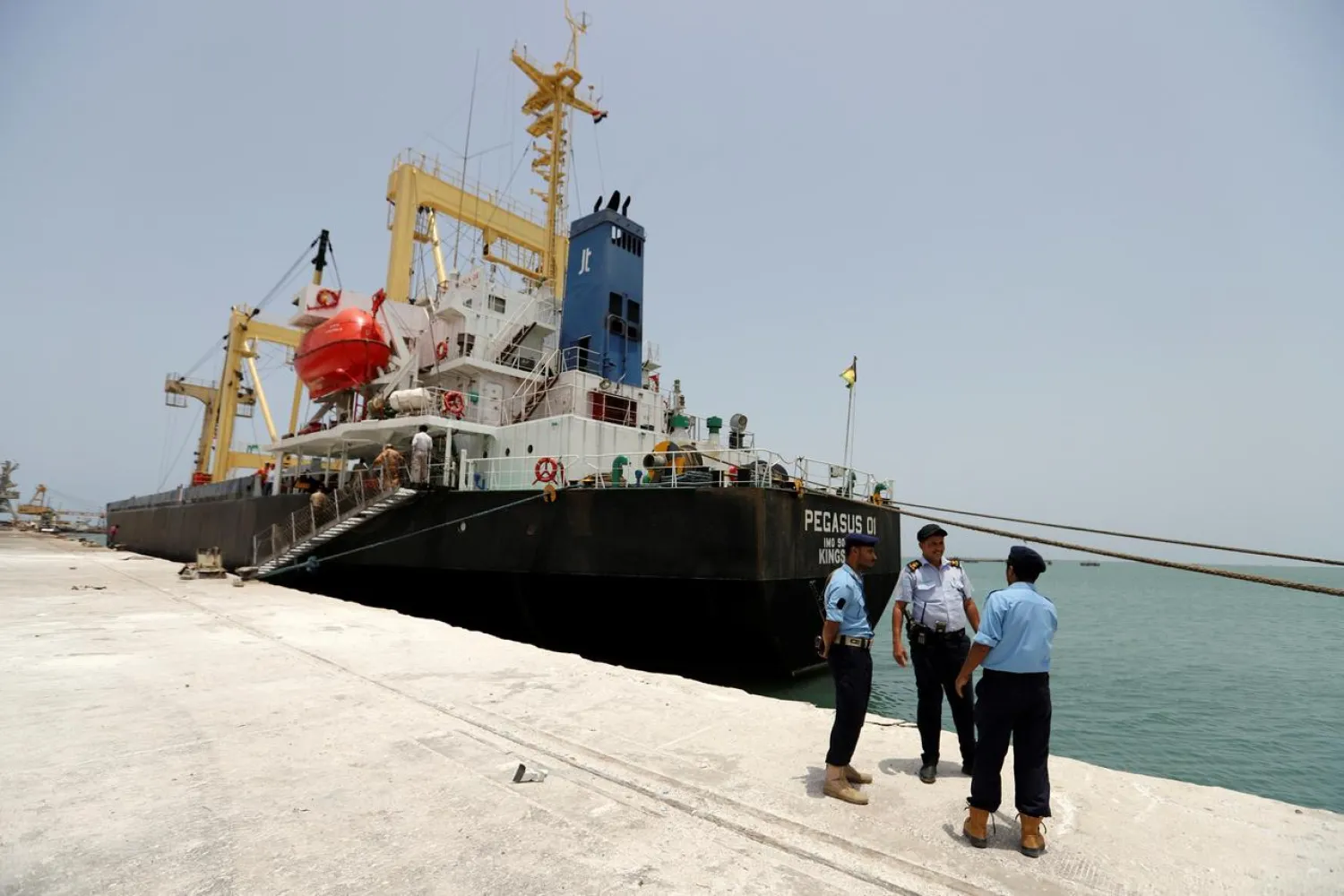A Yemeni officer died in Aden on Friday after succumbing to a gunshot by the Iran-backed Houthi militias in the coastal city of Hodeidah.
Mohammed al-Sulihi was shot by a Houthi sniper in March while he was manning a United Nations observation post on the outskirts of the city.
The legitimate Yemeni government had criticized the UN for failing to transfer him abroad where he could receive better medical treatment.
UN special envoy to Yemen Martin Griffiths tweeted his condolences, saying: “My deepest condolences for the tragic death of Col. Al-Sulihi to the Government of Yemen and his family. He was shot in Hodeidah in a deplorable and unacceptable attack. He will be remembered for his service in support of bringing peace to his country.”
The envoy’s “mild” condemnation was criticized by Information Minister Moammar al-Eryani, who accused Griffiths and head of the UN mission to Hodeidah of “shirking” their duties and failing to “clearly” condemn the attack against Sulihi.
He also accused them of failing to act after his health deteriorated.
Eryani stressed that Sulihi’s death demonstrates again that the Houthis never fulfill their pledges and cannot be trusted as real partners in peace.
Head of the government team at the Hodeidah redeployment committee, Mohammed Ayda, offered his condolences over the officer’s death, saying it also marked the “death” of the Stockholm agreement.
President Abdrabbuh Mansur Hadi sent a cable of condolences to Sulihi’s family, hailing his “national role in cementing peace and enforcing the ceasefire” in line with the Hodeidah agreement.
Saudi-led Arab coalition spokesman Colonel Turki al-Malki, meanwhile, slammed the Houthi escalation against civilians, which underscores their rejection of all efforts and initiatives to reach a ceasefire.
The coalition said the militias had fired a ballistic missile towards civilian locations in the city of Marib.









